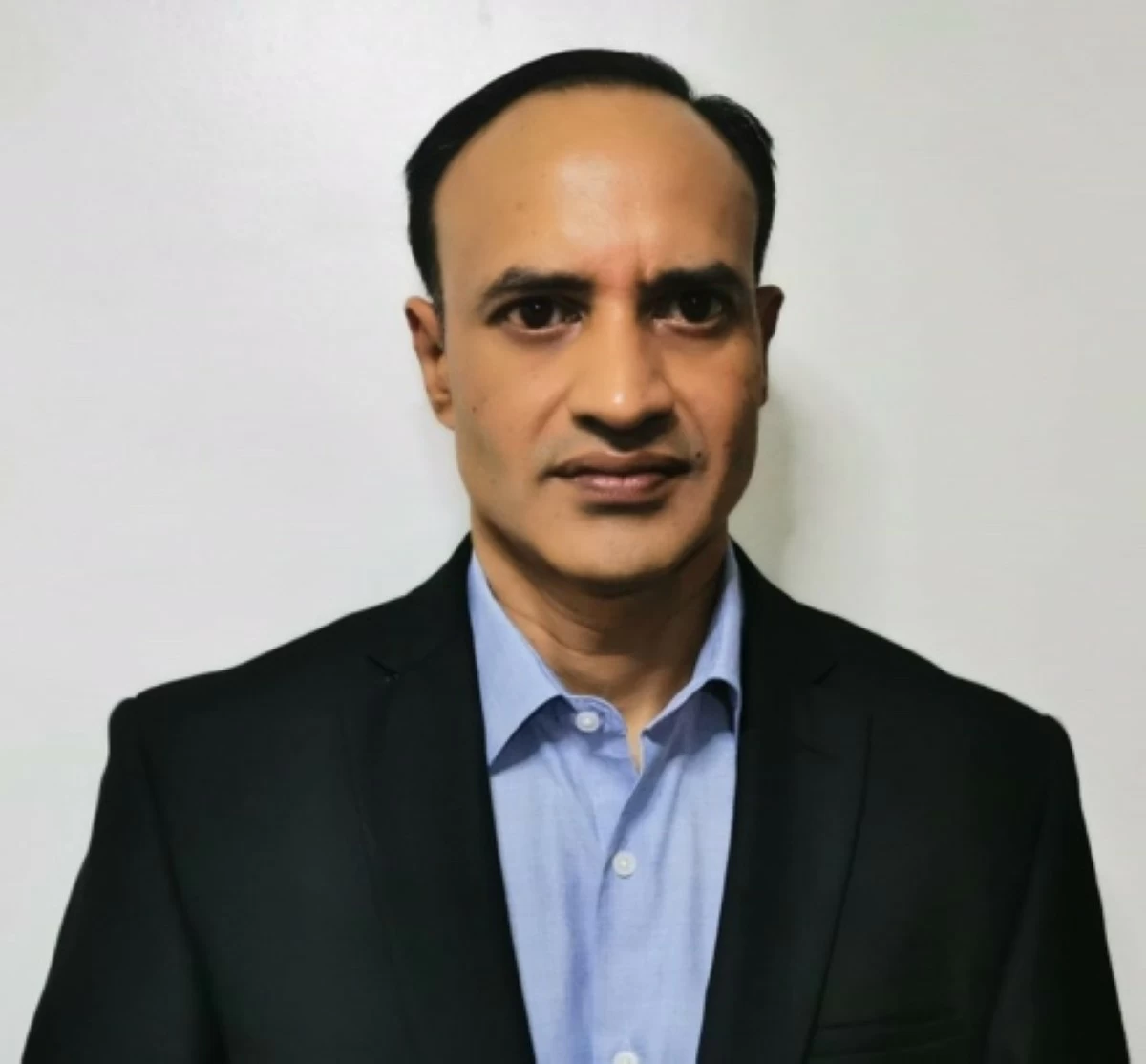
Upgrade to High-Speed Internet for only ₱1499/month!
Enjoy up to 100 Mbps fiber broadband, perfect for browsing, streaming, and gaming.
Visit Suniway.ph to learn

By: Santosh Kesari, Country Manager of Omega Healthcare Philippines
The Business Process Outsourcing (BPO) sector remains one of the fastest-growing industries in the Philippines. According to the IT and Business Process Association of the Philippines (IBPAP), the sector generated USD38 billion in service export revenues in 2024, representing 8.5 percent of the nation’s gross domestic product, and provided employment to 1.82 million Filipinos. This growth is fueled by the workforce’s English proficiency, technical skills, cultural adaptability, and other strengths that make the country a preferred outsourcing destination.
This outsourcing capability is further strengthened by the country’s deep pool of healthcare professionals. As of January 2025, the Professional Regulation Commission (PRC) reported more than 1.8 million registered health and allied professionals in the Philippines, including over one million nurses—a critical resource for healthcare-related outsourcing services.
This availability of skilled talent comes at a time when healthcare providers in the United States face persistent challenges such as staffing shortages, rising administrative costs, and growing patient demands. These pressures affect both operational efficiency and care quality, prompting many providers to seek cost-effective solutions that can help sustain service excellence.
Partnering with trusted outsourcing companies enables healthcare organizations to strengthen critical operational functions while maintaining high standards of patient care. Filipino professionals bring the clinical knowledge, communication skills, and commitment needed to meet these demands across a range of specialized services.
Driving accuracy and efficiency in medical coding
Accurate medical coding is essential to prevent claim denials, ensure timely reimbursements, and maintain compliance with industry standards. Filipino medical coders bring strong clinical knowledge, attention to detail, and familiarity with U.S. healthcare regulations. Many are certified professionals who also leverage advanced technologies, including artificial intelligence and natural language processing, to ensure precision, reduce turnaround times, and streamline the revenue cycle process. This combination of expertise and efficiency helps U.S. healthcare providers safeguard revenue while enabling their in-house teams to focus on patient care priorities.
Delivering quality remote patient monitoring support
Remote patient monitoring (RPM) enables continuous care for patients with chronic conditions or those at risk of hospital readmission, improving outcomes and reducing unnecessary visits. Filipino clinicians and registered nurses excel in RPM roles, combining clinical expertise with empathetic communication and active listening skills. Their ability to interpret patient data, identify early signs of concern, and coordinate timely follow-ups ensures attentive, high-quality monitoring. This approach supports continuity of care while helping providers optimize staffing and resources.
Enhancing telephone and message triage
Managing inbound patient calls and portal messages is critical to patient satisfaction and loyalty. Filipino healthcare and allied professionals bring strong communication skills, cultural adaptability, and a patient-first approach to triage functions. They ensure concerns are addressed promptly and routed to the appropriate clinical team, reducing administrative pressure on internal staff. This enhances patient trust, improves response times, and contributes to stronger provider-patient relationships.
Optimizing patient access
Patient access is the first touchpoint in the healthcare journey and directly impacts both patient experience and revenue cycle performance. Filipino professionals, known for their diligence and persistence, excel at handling scheduling, registration, benefits verification, and prior authorization with accuracy and efficiency. Their ability to coordinate seamlessly with providers and payers helps prevent delays, resolve discrepancies, and secure necessary approvals. This leads to smoother onboarding, faster access to care, and more reliable reimbursements for healthcare organizations.
Developing Filipino talent for global-standard healthcare delivery
Omega Healthcare harnesses the capabilities of world-class Filipino professionals to help U.S. healthcare providers enhance efficiency, strengthen accuracy, and achieve superior patient outcomes. With operations in Manila and Cebu, the company employs 2,800 healthcare and allied professionals with strong foundations in clinical knowledge, communication, and service excellence.
The company invests in comprehensive, role-specific training programs to ensure its workforce is equipped to meet the evolving requirements of global healthcare. Medical coders undergo a rigorous three- to four-month program covering coding certification and client-specific instruction to guarantee accuracy, compliance, and productivity. For patient communication and other voice-based functions, training includes process mastery, voice and accent refinement, soft skills development, and general billing knowledge—establishing a solid understanding of the U.S. healthcare revenue cycle before client-specific onboarding. Nurses holding Philippine Registered Nurse licenses participate in the six-month USRN Academy, which prepares them for the U.S. licensure exam and is followed by tailored client training.
Through these structured programs and the support of advanced technology, Omega Healthcare ensures Filipino talent remains competitive in the global market and consistently delivers healthcare services that meet the highest standards of accuracy, efficiency, and patient care.

 1 week ago
13
1 week ago
13

_2025_09_24_18_56_15.jpg)

